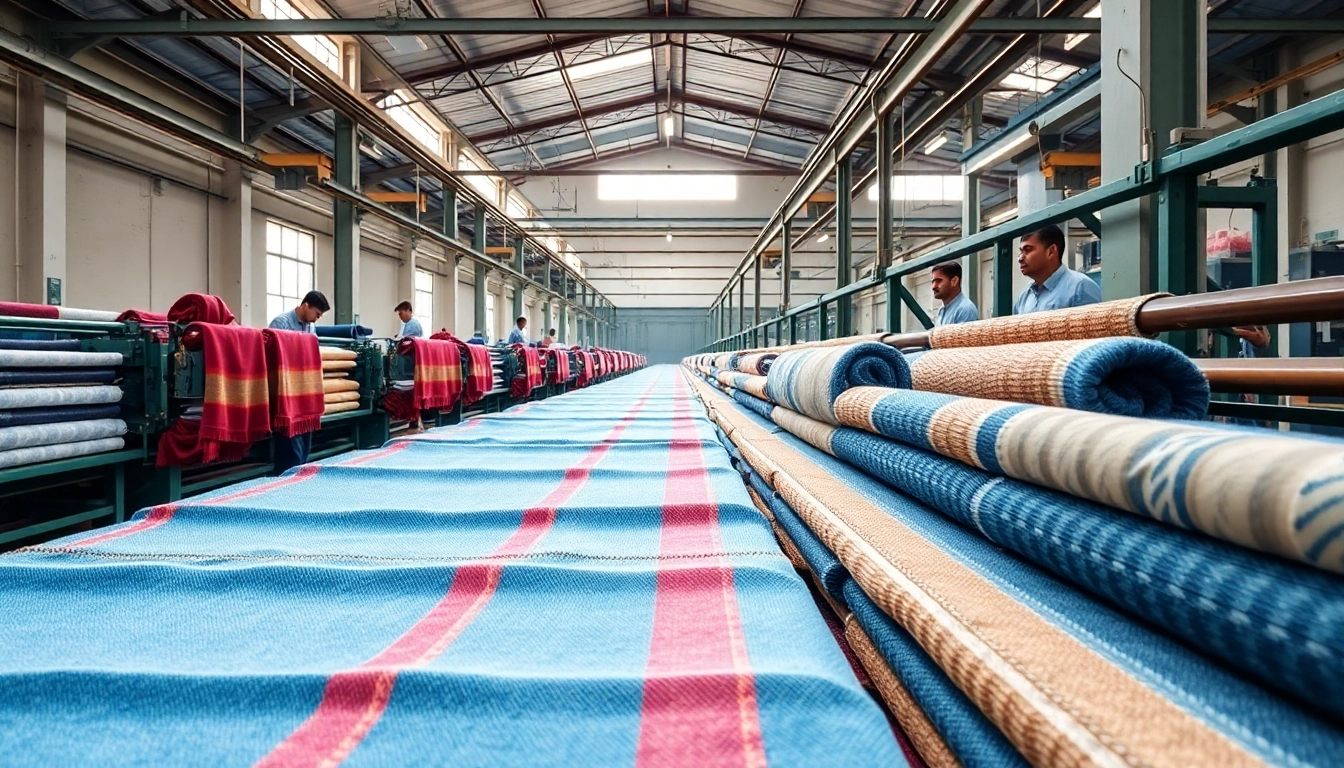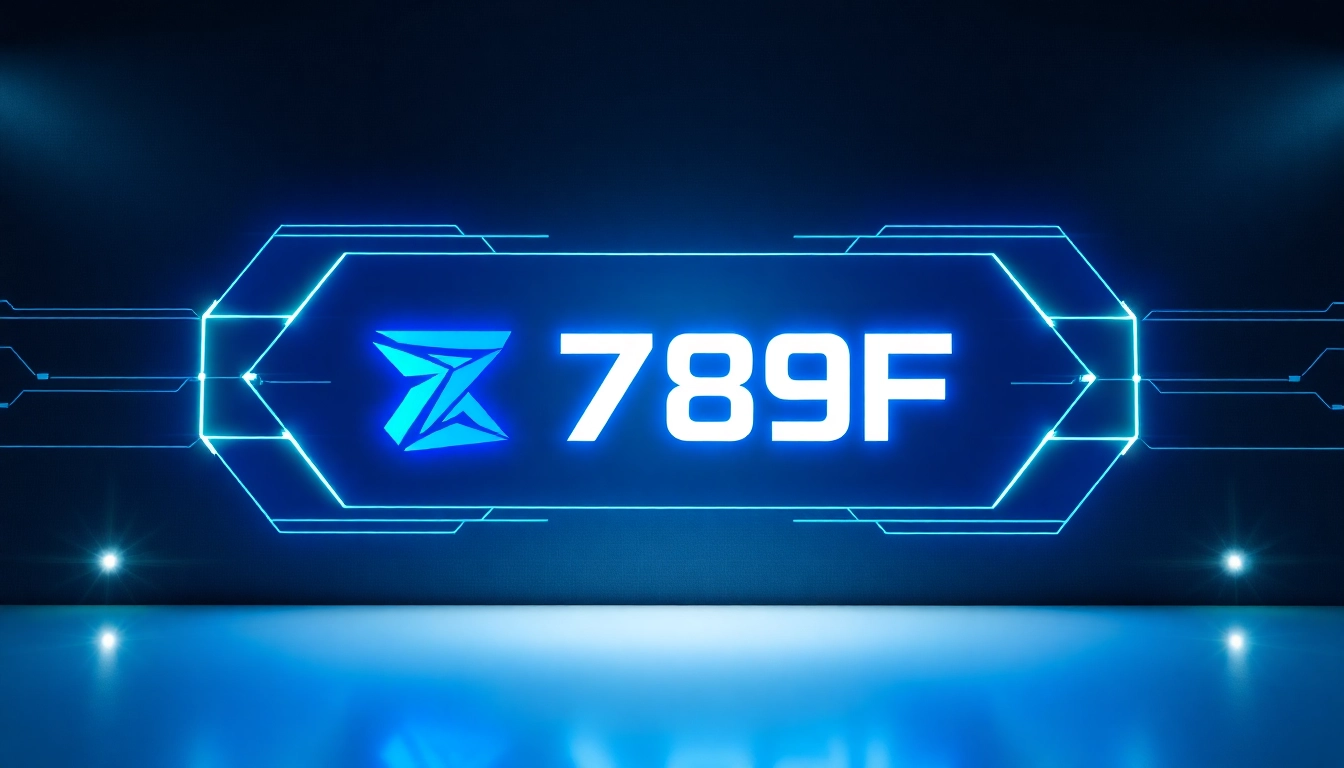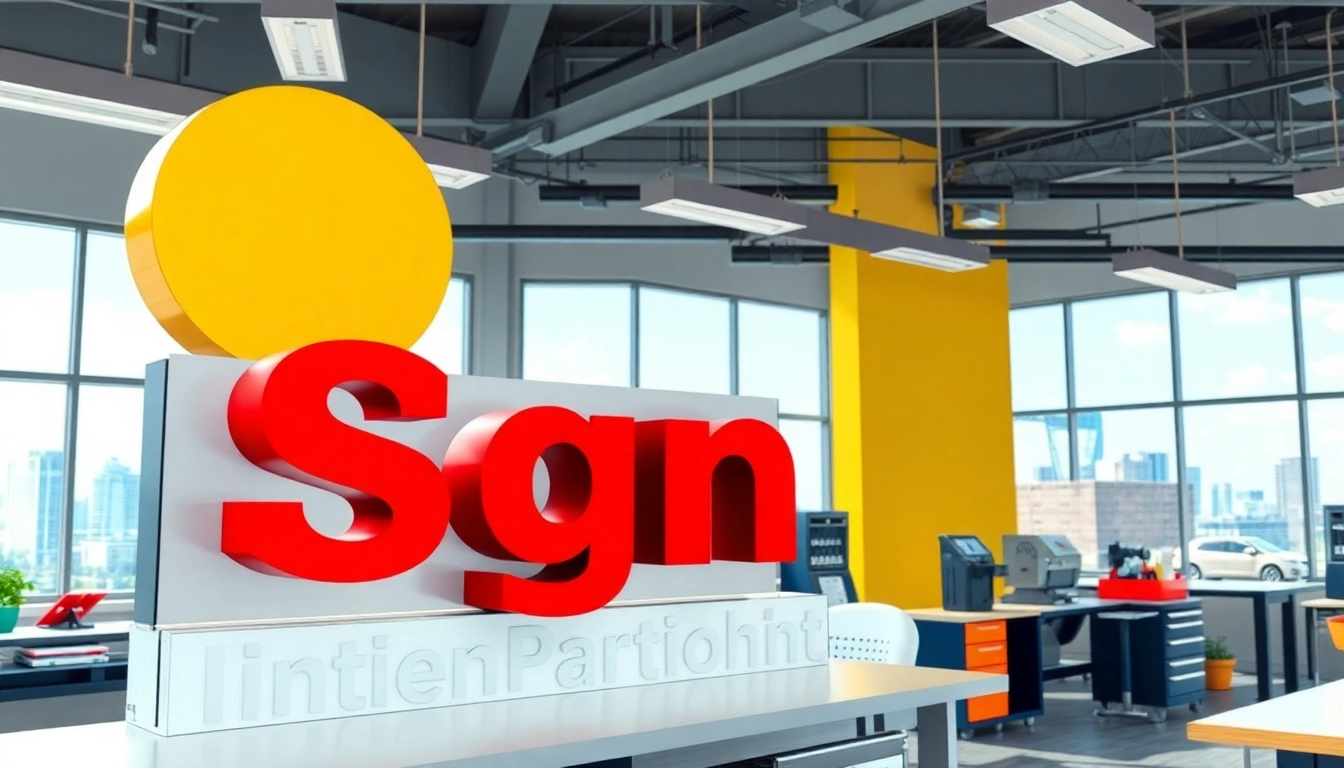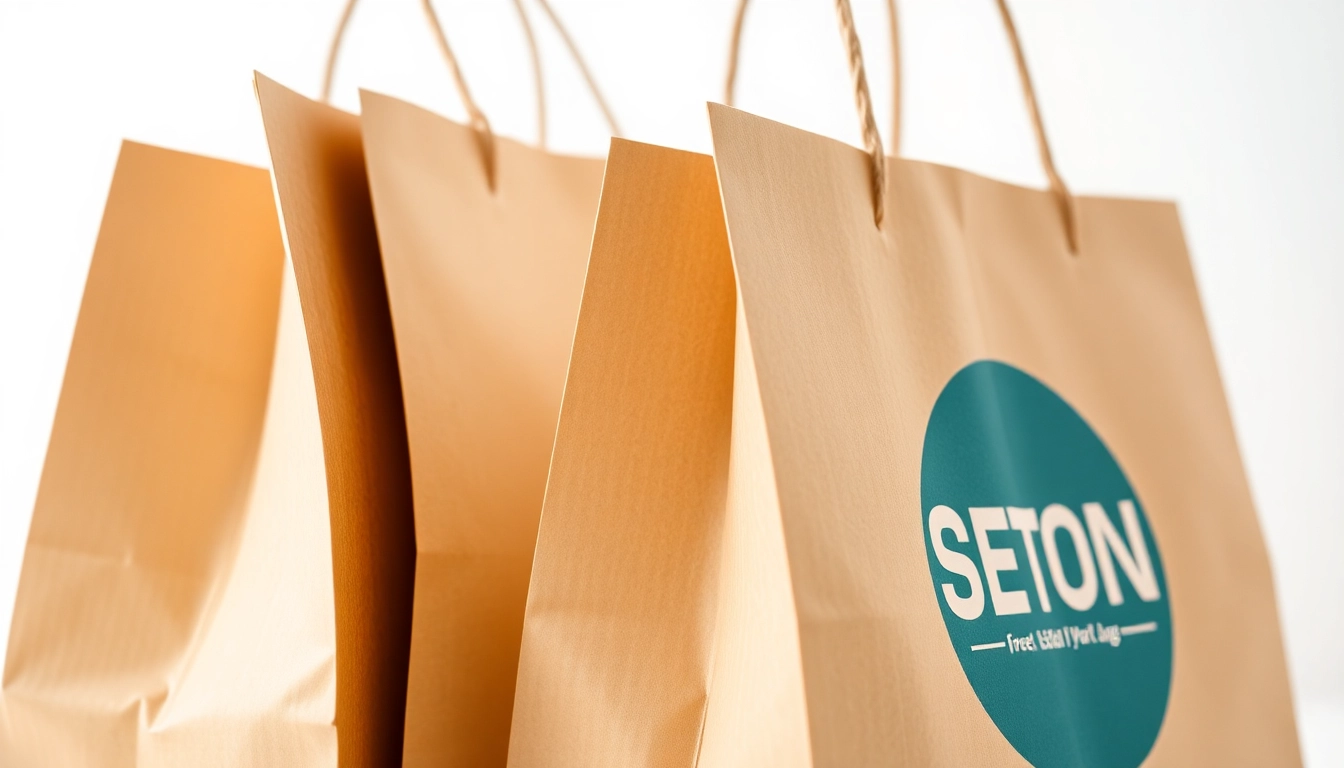Introduction to Pakistan’s Towel Manufacturing Industry
Pakistan has established itself as a significant player in the global textile industry, particularly in the production of high-quality towels. Over the decades, the country’s towel manufacturing sector has evolved from small-scale local workshops to large, technologically advanced factories capable of meeting international standards. The country’s rich tradition in textiles, combined with strategic investments and a skilled workforce, has propelled Pakistan into a prominent position as one of the world’s leading towel exporters. For international buyers and brands seeking reliable partners, understanding the landscape of pakistan towel manufacturers is crucial for sourcing premium, sustainable, and competitively priced products.
To explore the numerous opportunities and navigate the complexities of sourcing from Pakistan, it’s essential to grasp the industry’s historical development, key production hubs, and market dynamics. Whether you are a retailer, distributor, or OEM brand, partnering with the right manufacturer can significantly impact product quality, supply chain efficiency, and your brand’s reputation in the global market. This comprehensive guide delves into the core aspects of Pakistan’s towel manufacturing industry, highlighting top producers, materials, innovation, export strategies, and how you can start meaningful collaborations.
For more detailed insights and to initiate your partnership journey, visit pakistan towel manufacturers.
Historical Overview and Industry Evolution in Pakistan
The Pakistani towel manufacturing industry boasts a rich history deeply rooted in the broader textile sector that dates back over a century. Post-independence, Pakistan’s textile sector primarily focused on cotton production and garment manufacturing. The towel segment emerged as a vital component in the 1960s and 70s, fueled by rising domestic demand and export opportunities.
Initially characterized by small family-owned enterprises, the industry gradually modernized with the advent of new weaving technologies and dyeing processes. The government’s policies encouraging export-oriented industries facilitated growth, prompting large companies to invest in state-of-the-art machinery and quality management. Over the past two decades, Pakistan’s towel manufacturers have shifted towards automation, sustainable practices, and design innovation, positioning themselves competitively against Chinese, Indian, and Turkish counterparts.
The industry’s evolution reflects a focus on quality benchmarks, diversification of product ranges, and capacity expansion. This historical growth trajectory has laid the foundation for Pakistan’s current status as a reputable exporter of terry towels, bathrobes, beach towels, and more.
Current Market Size and Export Statistics
Pakistan’s towel manufacturing industry currently exports products worth over USD 200 million annually, with a steady upward trend driven by increasing international demand. The global towel market is projected to grow at a compound annual growth rate (CAGR) of approximately 4.5% over the next five years, with Pakistan expected to capture a significant share due to its cost-effectiveness and quality standards.
The primary export destinations include the United States, European Union countries, the Middle East, and Southeast Asia. The industry’s robust export figures are supported by a large network of registered manufacturers, many of whom are certified members of the Towel Manufacturer Association of Pakistan. Data indicates that Pakistan ranks among the top 10 towel-exporting countries, leveraging its strategic geographic location and competitive advantages.
Moreover, Pakistan’s flexible manufacturing landscape allows for small batch custom orders as well as massive bulk exports, fulfilling diverse buyer requirements from luxury hotels to mass-market retailers.
Key Regions and Hubs for Towel Production in Pakistan
Major towel manufacturing hubs are concentrated in Pakistan’s textile-centric regions, with Karachi, Lahore, Faisalabad, and Sialkot emerging as principal centers. Each region specializes in different aspects of textile production, contributing to the overall strength of the industry.
- Karachi: As Pakistan’s economic hub, Karachi houses numerous large-scale towel factories, exporters, and International trade show organizers. The city is home to many well-established manufacturers like CHTL and SSTextile, which leverage port facilities for export logistics.
- Lahore: Known for its vibrant textile community, Lahore hosts several mid-sized towel producers focusing on innovative designs and sustainable practices, catering to both domestic and export markets.
- Faisalabad: The “Manchester of Pakistan,” Faisalabad, has numerous textile mills that supply raw materials and perform weaving and dyeing processes at scale. It is a vital link in the supply chain for finished towels.
- Sialkot: While primarily recognized for sports goods and specialized textiles, Sialkot is increasingly investing in high-end towel manufacturing, especially for luxury markets.
Understanding the geographic advantages and specialization of these hubs helps international buyers target prospective partners effectively to fulfill quality, volume, and customization demands.
Leading Towel Manufacturers in Pakistan
Profiles of Top Manufacturers: Tulip Towel Industries, Cosmos Textiles, Rustam Towel
Pakistan hosts a diverse array of towel manufacturers, from well-known industry leaders to bespoke boutique producers. Some of the most prominent include:
- Tulip Towel Industries Pvt Ltd: Recognized for innovative eco-friendly fabrics and sustainable production processes, Tulip Industries has established a reputation for quality and environmental responsibility. Their range includes bath towels, beach towels, and hotel textiles, serving international luxury brands.
- Cosmos Textiles: A prominent name in Karachi, Cosmos specializes in terry towels and is equipped with state-of-the-art weaving and finishing machinery. They comply with international standards such as Oeko-Tex and ISO 9001, making them reliable partners for bulk orders.
- Rustam Towel Industries: With over 50 years of experience, Rustam Towel is a family-owned enterprise manufacturing 100% export-oriented terry products. They are known for high volume capacity, competitive pricing, and strong export performance worldwide.
Other notable brands include Imperial Towel Industries, Canaria Textiles, and Patel Towel Industries, each emphasizing quality, innovation, and sustainability in their production methods.
Quality Standards and Production Capabilities
Leading Pakistan towel manufacturers adhere to rigorous quality standards that meet or exceed international certifications such as OEKO-TEX Standard 100, ISO 9001, and ISO 14001. They invest in modern loom technology, sustainable dyeing techniques, and seamless quality control to ensure consistency across large batches.
Most manufacturers possess extensive production capacities, often exceeding 10,000 square meters of towel output daily. They can tailor specifications regarding fiber type, weight, size, and finishing processes, including embroidery, printing, and hems. These capabilities enable manufacturers to serve both luxury hospitality clients and volume retailers efficiently.
Additionally, many companies have dedicated R&D teams working on fabric innovation, texture improvement, and eco-friendly treatments, allowing them to stay ahead in a competitive market.
Materials, Technologies, and Sustainability Practices
Usage of Organic and Sustainable Fibers
Pakistan’s towel industry increasingly emphasizes environmentally friendly practices, with many manufacturers adopting organic cotton, bamboo blends, and recycled fibers. These sustainable materials appeal to eco-conscious brands and consumers globally.
Leading exporters are investing in organic certification (such as GOTS) and using sustainable farming practices. Such initiatives reduce the environmental footprint, align with global eco-standards, and open doors to premium markets in Europe and North America.
Innovative Manufacturing Technologies in Pakistan
Manufacturers leverage modern weaving machines, automatic dyeing lines, and digital printing technology to produce intricate designs and achieve high durability standards. Automation reduces manual errors, increases output efficiency, and ensures consistent quality.
Technology adoption also encompasses eco-friendly dyeing methods such as plasma and ozone treatments, helping factories meet international environmental regulations while maintaining vibrant colorfastness.
Environmental Standards and Eco-Friendly Initiatives
Many Pakistan towel manufacturers are committed to minimizing their environmental impact by implementing wastewater treatment, energy-efficient machinery, and waste recycling programs. Some factories participate in green certifications and actively promote corporate social responsibility.
These eco initiatives not only enhance brand reputation but also ensure compliance with import regulations in eco-sensitive markets, giving Pakistani manufacturers a competitive edge.
Export Strategies and Global Market Presence
Export Destinations and Trade Partnerships
Pakistan’s towel industry benefits from strong trade relationships with key markets in North America, Europe, the Middle East, and Southeast Asia. Establishing direct contacts with leading manufacturers through industry associations or trade shows facilitates streamlined procurement processes.
Trade partnerships are often reinforced by memberships in organizations like the Towel Manufacturer Association of Pakistan, which provides support services, certification guidance, and market intelligence to foreign buyers.
Competitive Pricing and Quality Advantages
One of Pakistan’s significant advantages in the global market is its competitive pricing, driven by lower labor and raw material costs. Coupled with high-quality standards, manufacturers can offer attractive price points for bulk orders, especially when combined with customization options.
Moreover, Pakistan’s ability to produce a wide variety of towel types—from plush bath towels to lightweight travel towels—enables exporters to target diverse consumer segments.
Certifications and Compliance for International Markets
To succeed internationally, Pakistani towel exporters ensure compliance with various certifications including Oeko-Tex Standard 100, ISO 9001, and environmental compliance standards like Green Seal. These certifications verify product safety, quality, and sustainability, thus increasing buyer confidence and easing customs procedures.
How to Partner with Pakistan Towel Manufacturers
Steps for Sourcing and Supplier Verification
Successfully partnering with Pakistani towel manufacturers requires thorough due diligence. Buyers should start by assessing a potential supplier’s credentials, certifications, and production capacity. Visiting factories or requesting samples can provide insight into product quality and operational standards.
Engaging with industry associations, such as the Towel Manufacturer Association of Pakistan, can also streamline the vetting process and introduce reliable partners.
Custom Orders, Branding, and Private Label Options
Most Pakistani manufacturers are flexible and open to private labeling, custom designs, and branding collaborations. Clear communication about specifications, packaging requirements, and lead times ensures smoother project execution. Utilizing the expertise of manufacturers experienced in OEM collaborations can lead to innovative product development tailored for your target market.
Ensuring Quality Control and Timely Delivery
Quality assurance is paramount. Establishing strict quality control protocols, regular communication, and setting clear timelines help prevent delays and defects. Many manufacturers implement quality checks at each stage—raw material inspection, weaving, dyeing, and finishing—to ensure consistent output.
In addition, many companies provide transparent tracking systems and flexible logistics arrangements to guarantee prompt delivery, reinforcing trustworthy business partnerships.



